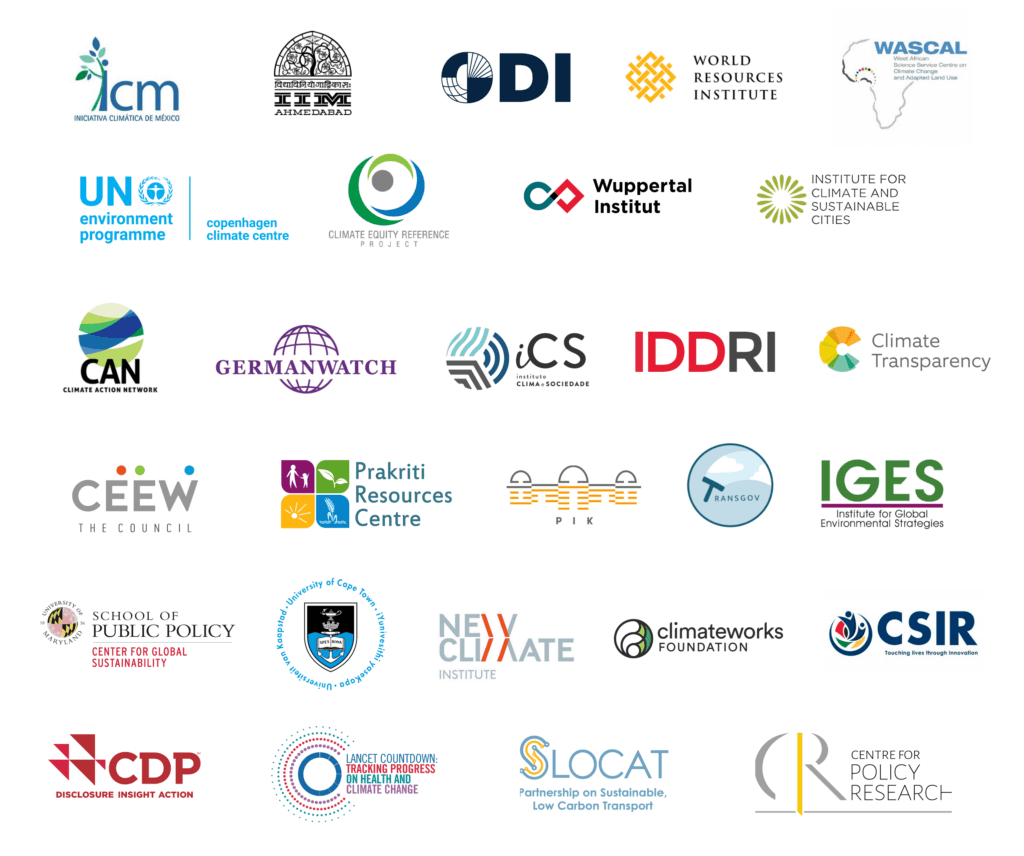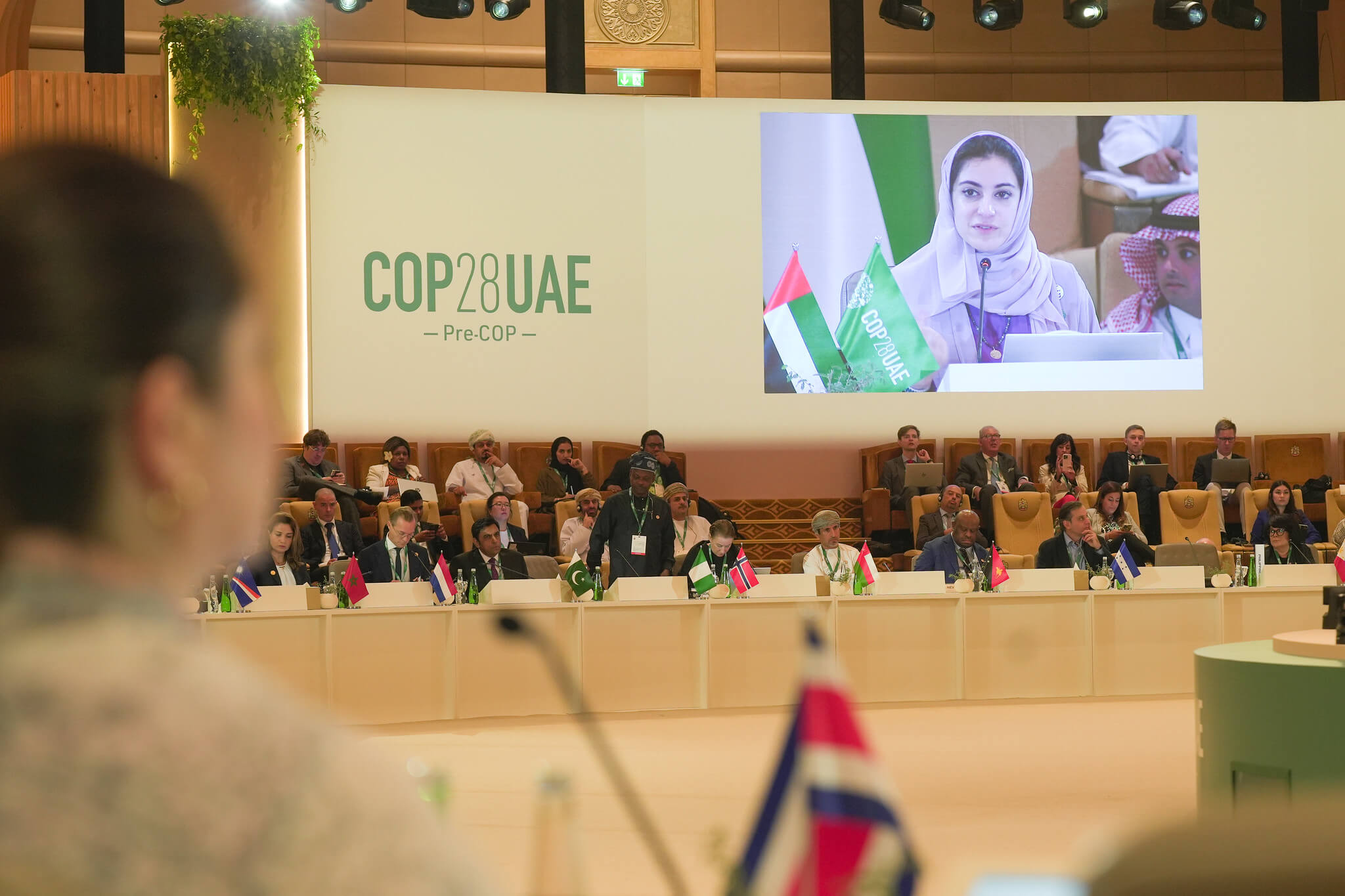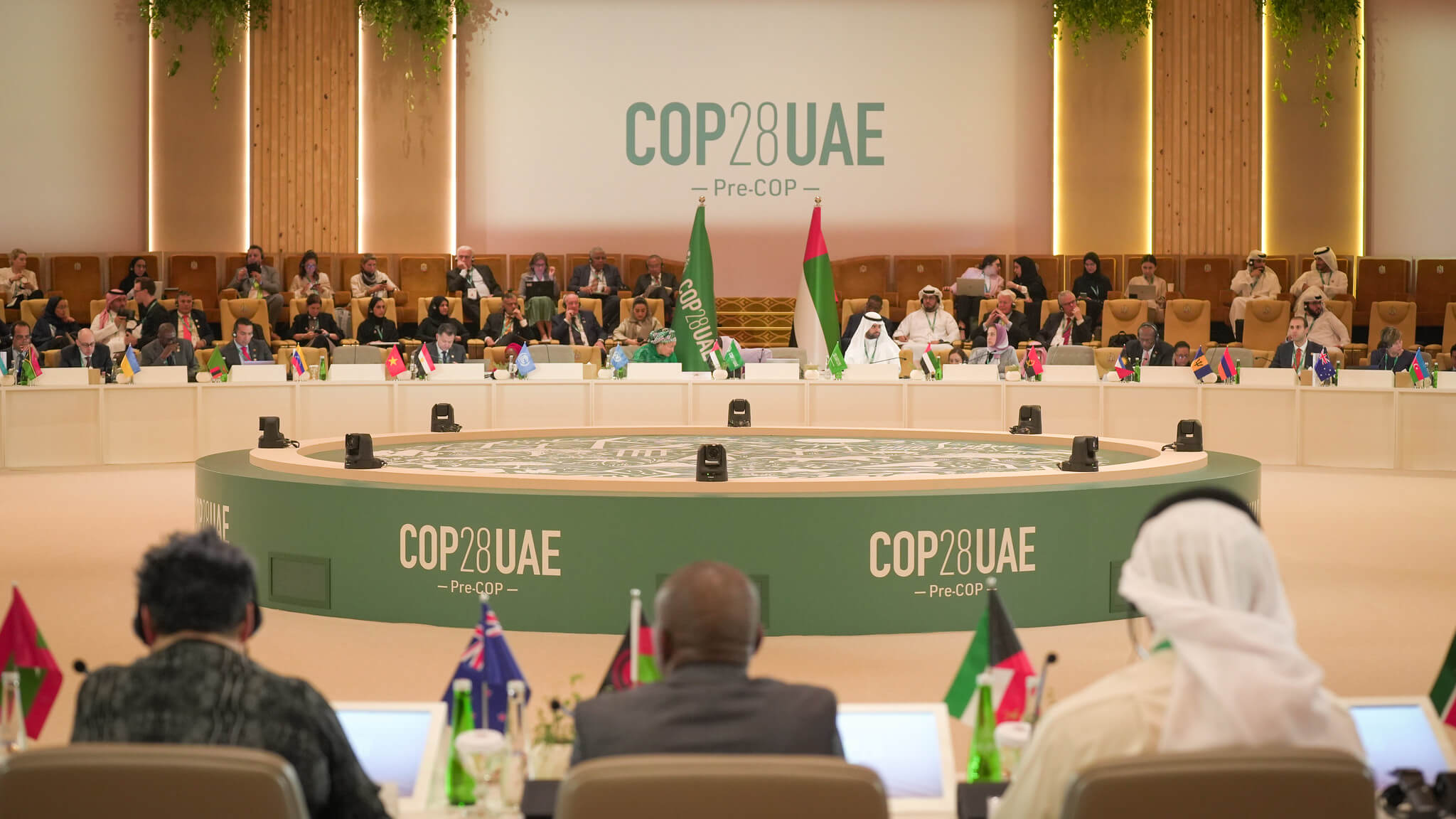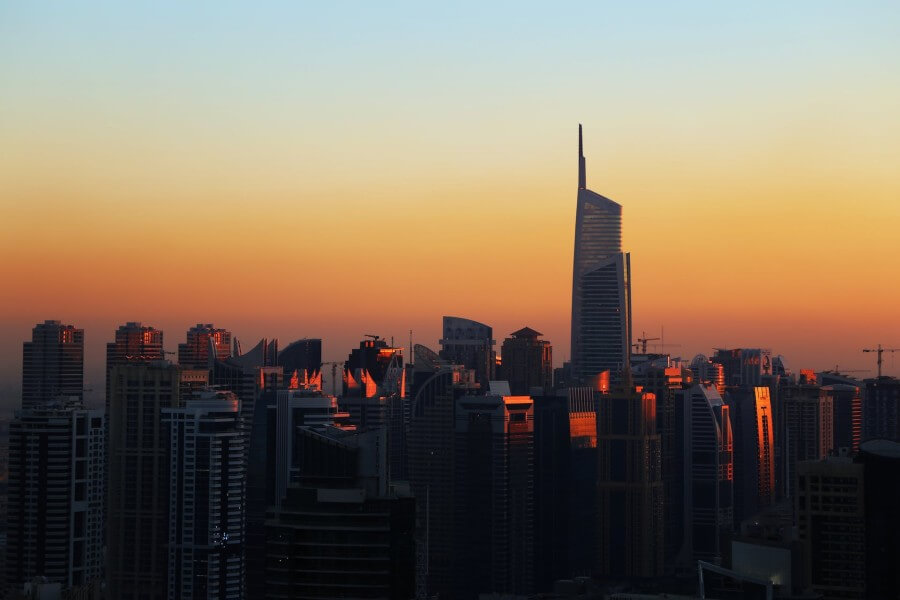The Global Stocktake and the Independent Global Stocktake
As the heartbeat of the landmark 2015 Paris Agreement, the first Global Stocktake brought the global climate community together to track our progress and shortcomings on climate action.
Across a series of dialogues, negotiations, and scientific reports, the GST compelled the global community to assess how our real-world climate action measured up against the goals we’d set for ourselves when signing the Paris Agreement in 2015 – goals to limit temperature rise, to adapt to climate change, and to adequately finance these transitions. The assessment: we are not yet on track to meet our climate goals. At the same time, the GST also gave us a historical opportunity to course-correct, welcoming countries to make bold new commitments to climate action at COP28. The global community responded with a sweeping UNFCCC decision text that, while not going far enough, outlined actions across adaptation, finance, mitigation – including, for the first time ever, a call to transition away from fossil fuels – and clarified a path forward toward stronger nationally determined contributions (NDCs) to be submitted in 2025.
The Independent Global Stocktake (iGST) was a consortium of civil society actors that came together to support the first Global Stocktake.The iGST supported alignment of the independent community — from modelers and analysts, to campaigners and advocates — to push together for a robust GST that empowered countries to take greater climate action.
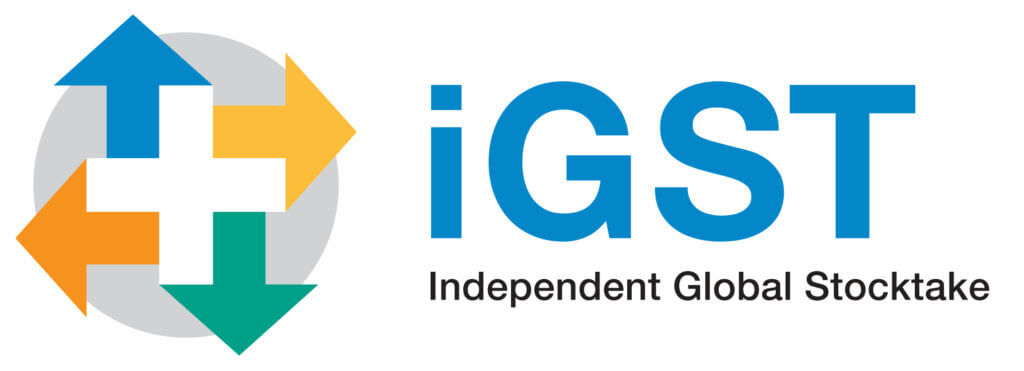
More About the iGST
The landmark Paris Agreement requires assessment of collective progress every five years as part of the regular process to increase the ambition of country climate commitments. This analysis, known as the Global Stocktake (GST), is an essential feature of the Paris Agreement, providing a solid foundation to empower countries to take bolder climate action.
Origins
Inspired by the critical role of the GST, in mid-2018 a group of global partners began to explore what independent researchers and advocates can bring to the table to provide data and analysis, set expectations, and ensure a robust GST. This led to the creation of the iGST, which aimed to increase the accuracy, transparency, accountability, and relevance of the official benchmarking process.
Structure
The initiative included a set of complementary workstreams that serve as spaces for dialogue and launch discrete pieces of work.
These workstreams include regional civil society hubs in Latin America and the Caribbean, West Africa, and Southeast Asia; engagement with the official GST process; and four thematic working groups loosely paralleling each of the main long-term goals of the Paris Agreement (on mitigation, adaptation, and finance, plus an additional group focused on the cross-cutting theme of equity). Additional work occurs outside of the workstream structure, such as research on the links between the GST and national ambition.
Featured Research
About the Working Groups
Adaptation Working Group
The Adaptation Working Group (AWG) explored the intersection of adaptation and the global stocktake. They focused on two research areas: one exploring practical approaches for better integration of the private sector’s climate risk management and adaptation activity information into national and global adaptation stock taking efforts. The second explored perspectives on how to define the “adequacy and effectiveness” of adaptation action — a still-contested term — and how to assess this in global settings such as the global stocktake.
Finance Working Group
The Finance Working Group (FWG) is an open partnership bringing together a range of expert perspectives from the global north and south on the progress made toward financing climate action. The FWG aims to support the official UNFCCC processes as they relate to finance and is organized around two complementary themes: supporting developing countries in mitigating and adapting to climate change and the consistency of finance flows with low-emission, climate-resilient development, as outlined in Article 2.1(c) of the Paris Agreement.
Equity Working Group
The Equity Working Group (EWG) brings together thinkers and practitioners, mainly from the Global South, working on equity in the UN climate regime. We aim to help concretize the Paris Agreement’s mandate to conduct the GST “in the light of equity.” The EWG created a landscape assessment outlining equity considerations across all themes of the global stocktake, as well as targeted briefings such as on how taking a needs-based assessment approach could support a strong stocktake.
Mitigation Working Group
The Mitigation Working Group (MWG) aimed to assist the independent community in using the GST as an opportunity to ratchet up real-world progress in climate mitigation. The MWG facilitated research, discussion, and knowledge exchange to create a stronger community and a more effective and broader mitigation narrative. Among other projects, the group facilitated the Early Career Scholars for an Inclusive Stocktake (ECSIS) program, with more information available here.
About the Regional Hubs
West Africa Regional Hub
The iGST West Africa Regional Hub is a collaborative platform dedicated to fostering climate action, knowledge sharing, and advocacy across West Africa. As part of the global efforts to drive impactful engagement in the Global Stocktake and its follow up processes, the WA Hub brings together a diverse community of climate civil society stakeholders, campaigners, researchers, and organizations committed to addressing the urgent challenges posed by climate change in the region. The West Africa Hub is led by WASCAL (the West African Science Service Centre on Climate Change and Adapted Land Use) in Burkina Faso and implemented in partnership with the Council for Scientific and Industrial Research (CSIR) in South Africa.
Southeast Asia Regional Hub
The Southeast Asia Hub (SEA Hub) provides a platform to amplify the voices of regional non-state actors in GST and related UNFCCC processes, and to provide feedback for countries in the region as they engage in national climate planning. Countries in Southeast Asia share similar adaptation- and mitigation-related issues in facing climate change impacts, including energy transition, forestry and land use, agriculture, ecosystem-based adaptation, and disaster risk reduction. The iGST Southeast Asia Hub can provide opportunities for communities, experts, and practitioners to learn from countries’ best practices, support governments in achieving their climate commitments, and adopt collaborative strategies in the region. The project is a joint effort led by the Institute for Climate and Sustainable Cities (ICSC) in the Philippines and the Institute for Global Environmental Strategies (IGES) in Japan.
Latin America and the Caribbean Regional Hub
The Latin America and the Caribbean Regional Hub (LAC Hub) of the iGST brings together the experience and visions of regional climate advocates to ensure that the Global Stocktake and its follow up processes are as effective and regionally relevant as possible. Led by Iniciativa Climatica de Mexico (ICM) in collaboration with Instituto Clima e Sociedade (iCS) in Brazil and Climate Analytics Caribbean in Trinidad and Tobago, the LAC Hub serves as a platform for mutual learning and knowledge sharing between Latin America and the Caribbean, and other regions.
Partners
